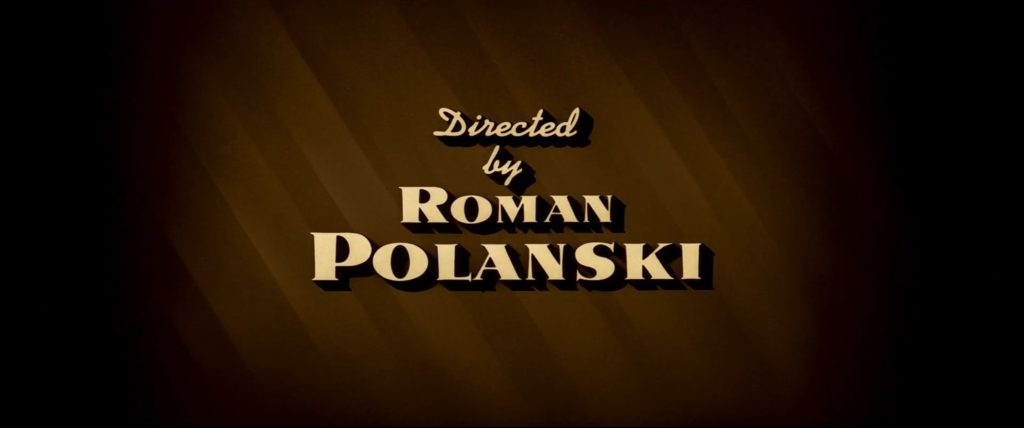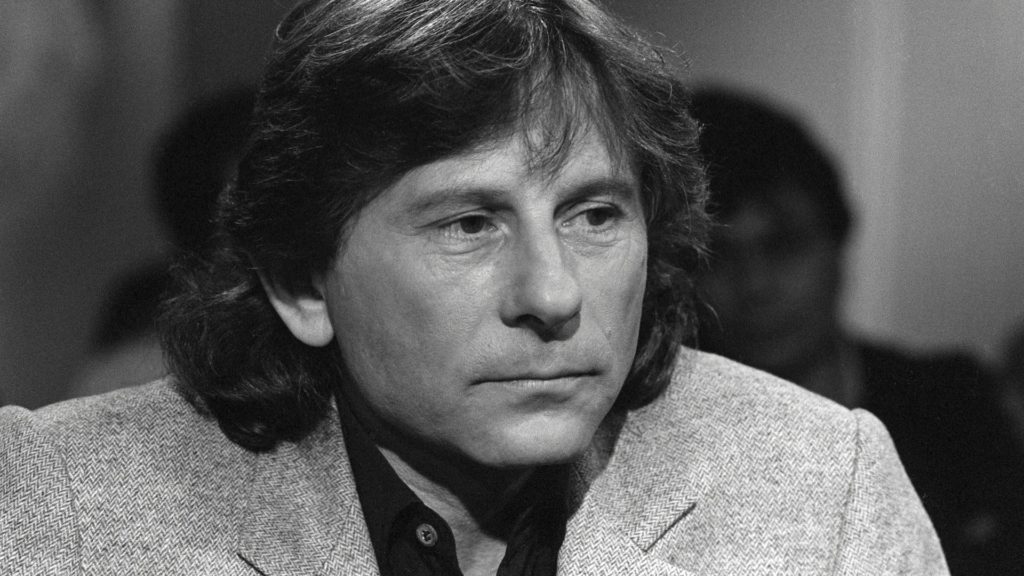
Get off the edge of your collective seat, because we're ready to announce our next guest! This month we will be joined by Melbourne writer, journalist, film historian and screenwriter Emma Westwood.
Emma's enjoyed a rich and varied career in the arts, writing for outlets such as Empire, Fangoria, FilmInk, Senses of Cinema, Metro, and many others. She was the arts editor for street press publication The Music (formerly Inpress), she penned a weekly performing arts column for The Age, and she worked as researcher on the ABC's arts panel show Vulture.
Her first book, Monster Movies, was published by Pocket Essentials in 2008, and her second, all about David Cronenberg's The Fly, is due out this month from Columbia University Press. She is one of the founders of Bakewood, and you've probably heard her on the Triple R film show Plato's Cave alongside numerous other Hi4H alumni.
So which filmmaker has Emma chosen to talk with us about?
None other than writer and director Roman Polanski.

Polanski was born in Paris to Polish-Jewish parents. The family moved back to Poland in 1937, and the young Roman spent most of his childhood trying to survive the Holocaust. As a young man, he rose to prominence thanks to his early work, with films such as Knife in the Water (1962), Repulsion (1965) and Cul-De-Sac (1966). In America, he made groundbreaking, enduring works like Rosemary's Baby (1968) and Chinatown (1974). He went on to directed popular thrillers and award-winning dramas such as Frantic (1988), The Pianist (2002), The Ghost Writer (2010) and Carnage (2011), working in everything from comedy to horror, farce to suspense, and has proven himself a master at nearly every genre and filmmaking style.
But let's not beat around the bush: fundamental to any discussion of Polanski is the fact that in 1978 he was convicted of raping a minor. Polanski fled the US after a very controversial trial, and has not returned to the country in almost four decades. The charges are still pending.
Due to this, as well as other accusations that have come to light over the years, he is a very difficult filmmaker to discuss. It is impossible to talk about his career without acknowledging his past - or, for that matter, his present - and nor would we want to.
And so this episode will be at least partly devoted to examining whether we can embrace, or even just watch, works authored by people who have committed heinous crimes. Is discussing a body of work the same as celebrating it? Forget separating the art from the artist, can we separate the artist from the person?
It might seem like the worst possible time to discuss someone like Polanski, and maybe it is. But as we witness the toppling of Harvey Weinstein, Brett Ratner and Kevin Spacey, and the beginnings of what we can hope is real progressive change in the film industry, perhaps it's the ideal time to wrestle with this topic.
So join us on November 30 for what we're fairly confident will be a very lively and interesting show.

